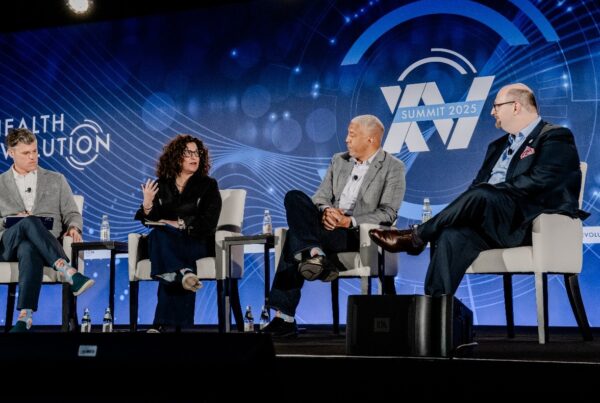Competition will be essential to unleashing innovation, Seema Verma, Administrator, CMS, told the Health Evolution Summit audience this morning. And innovation is the key to reversing the cost- growth curve in health care.
Verma acknowledged that CMS has not moved quickly enough and she told the audience that improvements are coming.
“You hear about the valley of death where an innovation gets approved by the FDA and there’s no action by CMS,” she said, “so we’re looking at how we can work with the FDA to provide access to new technology more quickly.”
She cited add-on payments for new technology as an area where improvements are being developed. She acknowledged that the incentives were little used because innovators are required to show substantial improvement in outcomes but evidence is scarce if no one is using it.
“We are going to try to address that,” she said, referring to new initiatives coming from CMMI that are in the works.
Verma stressed her belief that CMS needs to encourage competition. She cited MACRA as an example of heavy regulation that puts too many doctors in a situation where they are more likely to be bought by larger systems.
“We have a lot of concerns around creating monopolies,” she said. “When you have monopolies, you have a lack of competition and prices go up. A lot of the policies we’re working on are addressing that.”
She said that recent 340B rule changes were influenced by the trend of hospitals buying up oncology practices. And changes were made to the ACO program because “we recognized that the real progress and good results we saw came from smaller physician practices and so we gave preference to the smaller practices. Larger systems that result in monopolies are only going to result in higher prices.”
She acknowledged that impediments to sharing of medical records are inhibiting innovation and greater competition.
The recent Blue Button API is an example of work that she believes will help spur that competition. She said the API is being used by 1,500 developers and quickly resulted in apps coming to market.
Regulatory relief is also high on her agenda.
“The problem is you have people writing regulations that haven’t worked outside the agency in so long that they don’t know how health care works,” she acknowledge. One of her initiatives was to send regulators to spend time working inside the institutions they are writing regulations about. She received feedback from some saying that the experience was among the most valuable that they had had during their tenure at CMS.
She is also looking for innovation around payment reform and recognizes that it needs to move more quickly.











